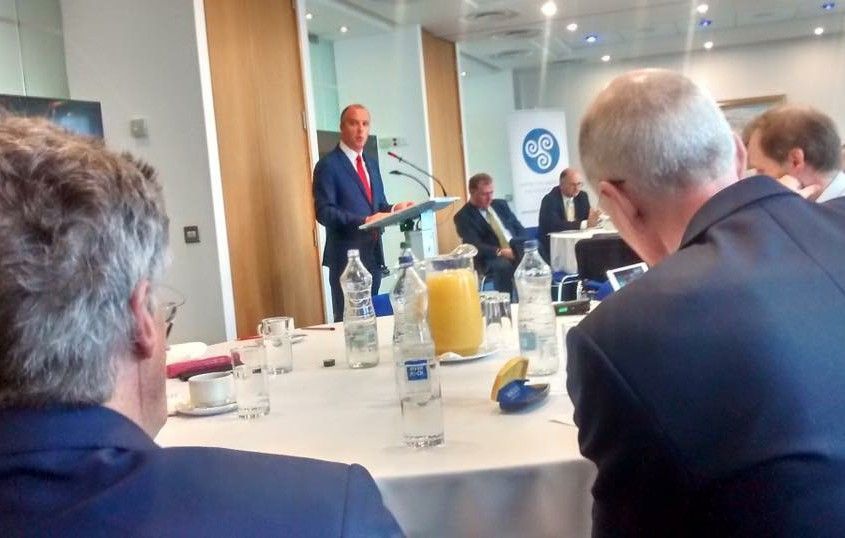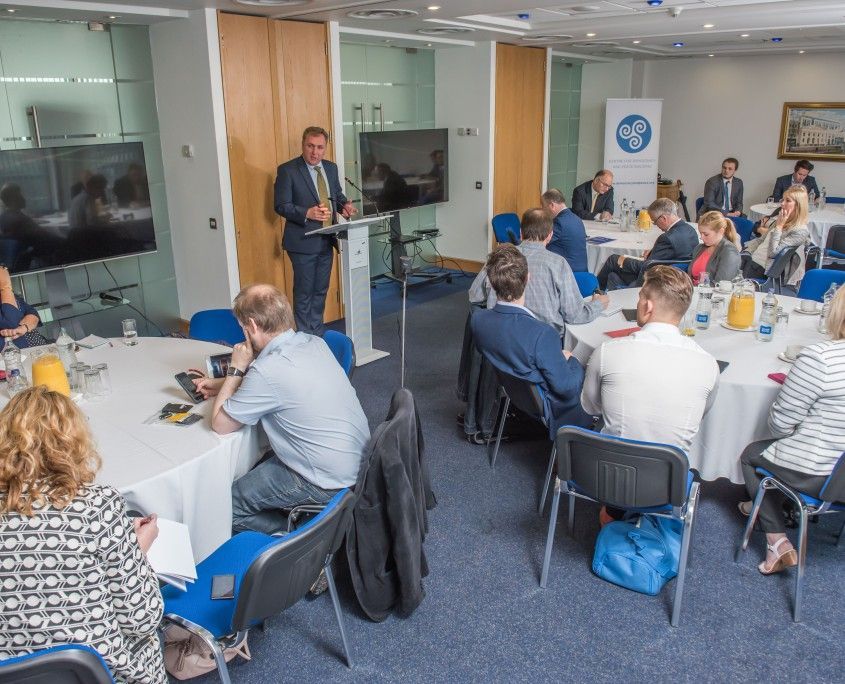A key figure in the emergence of the Irish state is to be commemorated at a special concert in New York’s world famous Carnegie Hall later this year.
Carnegie Hall will be the setting for the world premiere of: “Hazel: Made in Belfast” which presents the untold story of Lady Hazel Lavery, wife of the famous painter Sir John Lavery who had an influential role in the Anglo Irish talks involving Michael Collins, David Lloyd George and Winston Churchill.
Lady Lavery helped build diplomatic links between key figures in the negotiations that led to the Treaty that created the Free State and let her home be used to host the historic Anglo Irish Conference on 1921.
This concert will be performed by the stunning young Irish soprano, Sarah Power making her New York debut, accompanied by the Irish violinist Aveen McEntee, leader of the Dublin Symphony Orchestra with Irish poet and script-writer, Terence Browne on piano. New York artist Gregory de la Haba narrates the most romantic, sacred, beautiful and historic Anglo-Irish-American story of all time.
Hazel a beautiful young American artist from Chicago was married to Belfast painter Sir John Lavery. Sir John had been commissioned by Justice Darling to paint him passing the death sentence for High Treason on Irish revolutionary, Sir Roger Casement. Hazel while sitting in the public gallery at the Court of Criminal Appeal in London with her husband decided then and there to seek to reconcile Ireland and England, which had been locked in apparent never-ending conflict for over seven hundred years.
Historians had for many reasons airbrushed Hazel out of the narrative of Ireland’s achievement of Independence, and the establishment of Northern Ireland in 1921, until Sinead McCoole published the first and only biography in 1996 entitled Hazel – A Life of Lady Lavery (Lilliput Press).
Although Hazel had been the icon representing Irish female beauty on Irish paper currency from 1927 until the introduction of the Euro, practically no one in Ireland knew of her central and pivotal role.
Hazel used her house in London to play informal host to range of celebrated figures and politicians and establish diplomatic links between them. On the evening of 5th December 1921, Hazel drove Michael Collins in her car to Downing Street where he signed the Treaty granting Independence to Ireland. And they say the rest is history…
To book tickets please go to: http://www.carnegiehall.org/Calendar/2016/10/16/0730/PM/Sarah-Power-Soprano-Terence-Browne-Piano-Aveen-McEntee-Violin/

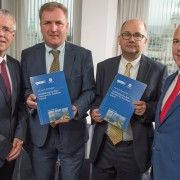
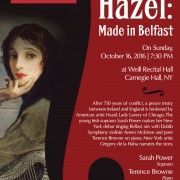
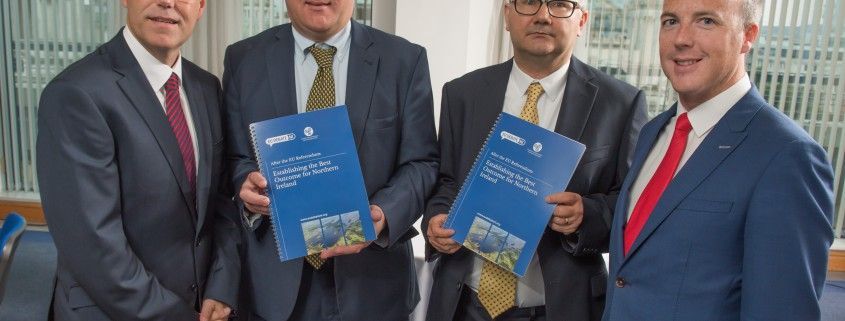
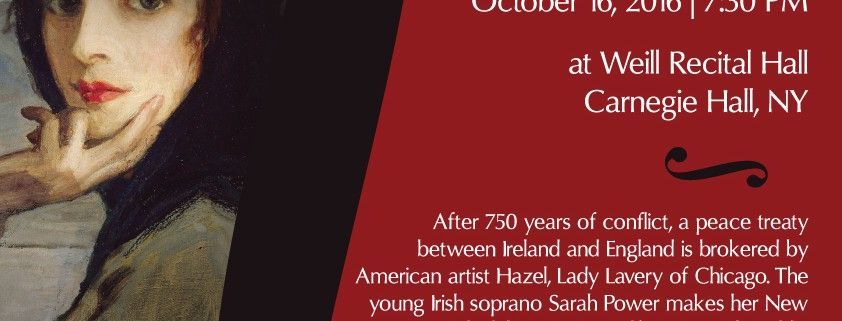
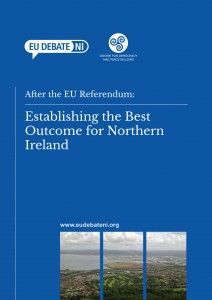 The Centre for Democracy and Peace Building (CDPB) launched the next phase of their EU Debate NI Programme this morning with an event hosted by Ulster Bank.
The Centre for Democracy and Peace Building (CDPB) launched the next phase of their EU Debate NI Programme this morning with an event hosted by Ulster Bank.